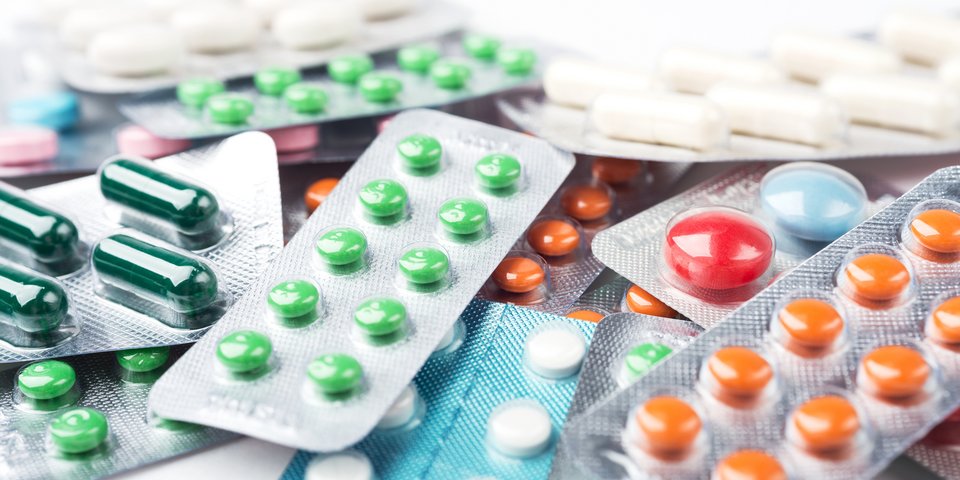 denisismagilov - Fotolia
denisismagilov - FotoliaPharmaceutical Reform
Member States have agreed upon their position – Trialogue can begin.
CC – 06/2025
The EU Member States have agreed upon a
position on pharmaceutical reform. On 4 June, the Polish Council Presidency's
compromise proposal on the Directive and the Regulation was adopted by the Standing Committee of Permanent Representatives
(COREPER). The inter-institutional
trialogue can now begin, two years after the European Commission presented its
draft.
Finding a compromise proved difficult
Following the failed attempt at a
compromise at the end of May, the Poles revised their proposal once again and
positioned themselves in a more industry-friendly manner. The most recent
controversial points included the protection periods for pharmaceutical
products, the transferable exclusivity voucher and the Bolar exemption –
aspects that are also important to the German social insurance institutions.
The version that has now been adopted enabled the Member States to reach a
consensus that paves the way for further negotiations.
Protection periods are to be adjusted
In its joint position, the Council favours
retaining the current data protection period of eight years. During this
period, manufacturers of generics or biosimilars are not allowed to submit
marketing authorisation applications that are based on data from the
single-source drug. Market exclusivity, i.e. the period during which a new
pharmaceutical product may be marketed exclusively, is to be reduced from the
current two years to one year. However, it can also be extended for a further
year if a product addresses an unmet medical need or contains a new active
ingredient and specific conditions are met: for example, the use of an
evidence-based comparator, conducting the clinical trial in multiple Member
States, and prioritised submission of the marketing authorisation application
to the European Medicines Agency (EMA).
Regulatory market exclusivity may be
extended by another year if, during the data protection period, a new
indication is approved that demonstrates a significant clinical added value
over existing therapies. In addition, a cap will be introduced: market
exclusivity may not exceed two years after the end of data protection — unless
a new indication is approved, in which case a maximum of three years is
allowed.
Upholding the “Status Quo”
The Council position thus retains a maximum
protection period of 11 years, structurally similar to the current legal
framework, the “status quo” (eight years of data protection + two years of
market exclusivity + one additional year for a new therapeutic indication).
In contrast, the European Commission had
proposed a more modular approach: six years of data exclusivity and two years
of market exclusivity, with up to four additional years of data protection
available if certain conditions are met — such as access in all Member States,
approval of a new indication, or provision of comparative data. In total, this
would allow for a maximum of twelve years of protection.
As a compromise, the European Parliament
proposed 7.5 years of data protection, extendible to up to 8.5 years, as well
as two years of market exclusivity, with a possible extension to three years if
there is a clear additional benefit. This would result in a total maximum
protection period of 11.5 years.
Transferable Exclusivity Vouchers to Remain Limited
The Council supports the Commission’s
proposal to introduce transferable data protection vouchers, which would grant
an additional year of data exclusivity. However, it introduced a new clause
stipulating that a transferable voucher may only be used in the fifth year of
data exclusivity — and only if the marketing authorisation holder can
demonstrate that the product’s annual gross EU sales did not exceed €490
million in any of the previous four years. The total number of vouchers is to
be capped at five, down from the 15 originally proposed by the Commission.
However, the DSV’s point of view here is
that the vouchers remain problematic despite the limited number and
redeemability. Practicable instruments should be developed at EU level instead
of vouchers as part of a ‘push and pull scheme’.
Expansion of the Bolar Exemption
The Council also expanded Bolar exemption. It
allows preparations to be made for the marketing authorisation, HTA assessment,
pricing and reimbursement of generics and biosimilars even before the patent
expires. The Member States have agreed to specify the scope of application and
extend it to include the submission of tenders in the context of calls for
tender. DSV views this approach positively.
Outlook for the trialogue
The first trialogue meeting between the
Commission, Council and Parliament was held on 17 June. However, this was only
a symbolic start as it did not go beyond brief handshakes and initial
statements. Further negotiations will continue under the leadership of the
Danish Council Presidency.
In principle, the positions of the
institutions are not too divergent, which means that a compromise can be
reached, possibly by the end of the year.
It is worth noting that the geopolitical
context has changed significantly since the Commission’s proposal was published
in 2023. These developments are particularly reflected in the Council's
position: Member States are now placing much greater emphasis on aspects such
as competitiveness and security of supply, whereas environmental requirements
have receded into the background.
